Tuberculosis is a global threat, with the heaviest burden falling on people living in urban slums. Stephan Schwander is investigating the role urban outdoor air pollution might play.
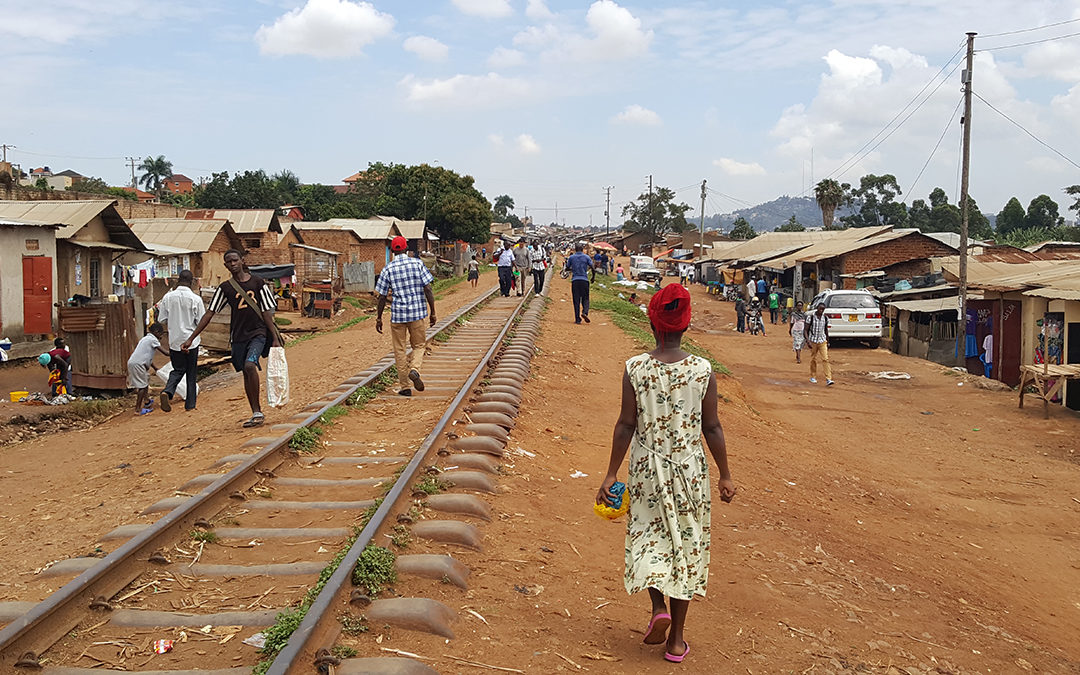

Tuberculosis is a global threat, with the heaviest burden falling on people living in urban slums. Stephan Schwander is investigating the role urban outdoor air pollution might play.
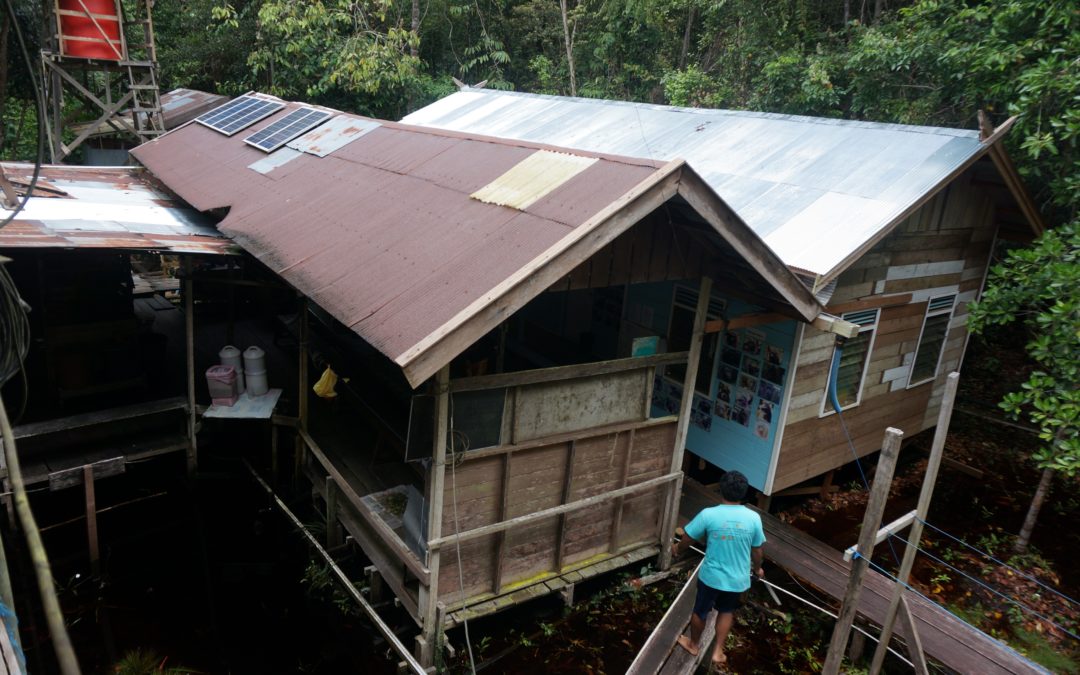
Every year, millions of people in developing countries die from tropical infectious diseases. Rutgers scientists are leading an effort to help researchers in these countries discover botanical compounds with medicinal potential.
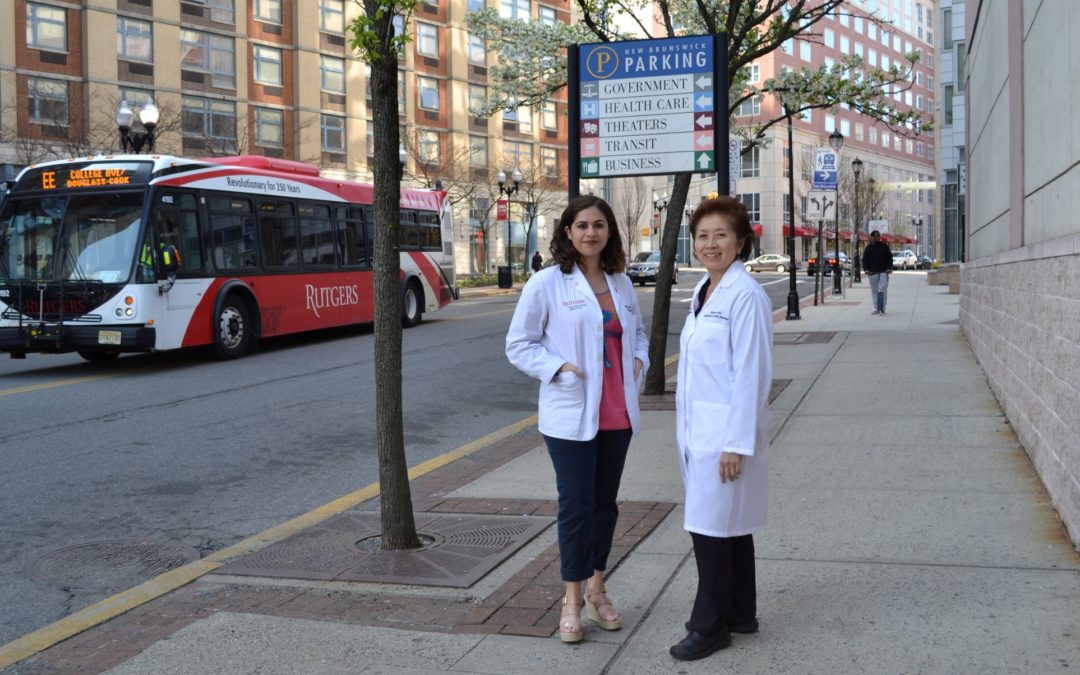
Launched last fall at a Rutgers health clinic that serves the city’s homeless and indigent residents, the Health Passport to Healthy Living program encourages patients to actively track their health status using personal “passports.” Robert Wood Johnson Medical School faculty and students are leading this initiative.
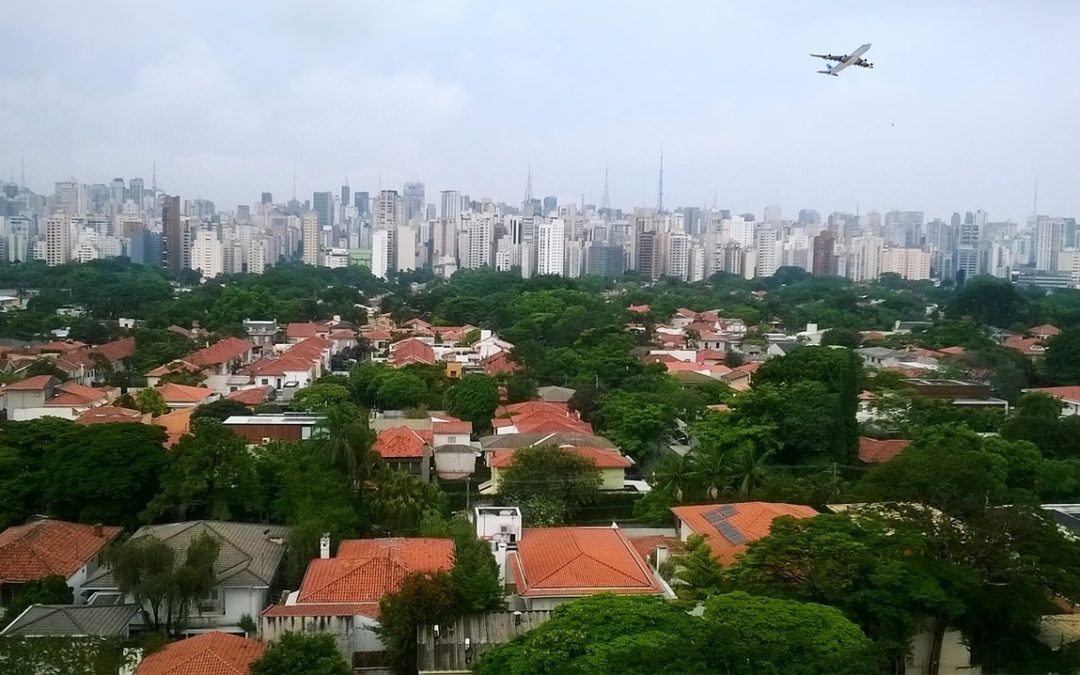
Public health faculty member Michael Gusmano expands his city-focused research to the BRIC countries, aiming to help policymakers focus their health efforts—and budgets—by pinpointing successes and disparities.

Owing to a severe shortage of surgeons and surgical training in rural Ghana, many people are suffering—and dying prematurely—from treatable conditions. Faculty doctors Ziad Sifri and Harsh Sule created an online training program to teach surgical skills and diagnostic methods to clinicians 5,000 miles away.

Nursing science faculty member Susan Caplan, an authority on the assessment and treatment of mental health issues in Latino communities, offers practical tips for developing cultural competence while working in global health.
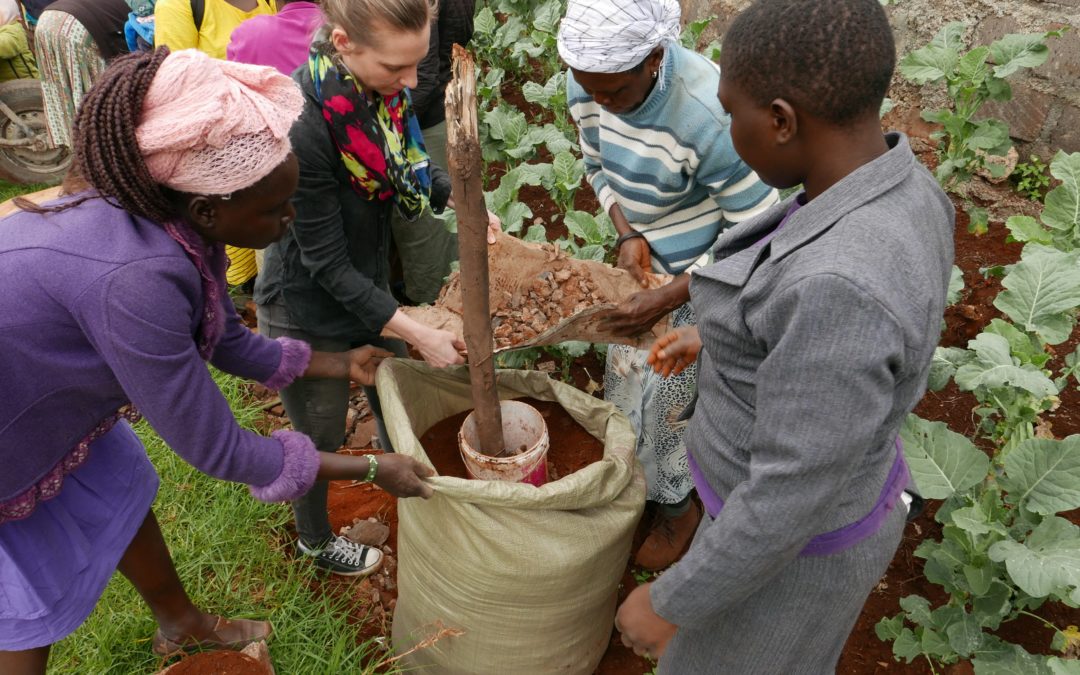
African indigenous vegetables are loaded with micronutrients, but the residents of an urban slum in Kenya aren’t always able to reap the benefits. Rutgers food systems researcher Shauna Downs, with support from Rutgers Global Health Institute, is analyzing the local production and consumption of these nutritious crops with an eye toward improving health.